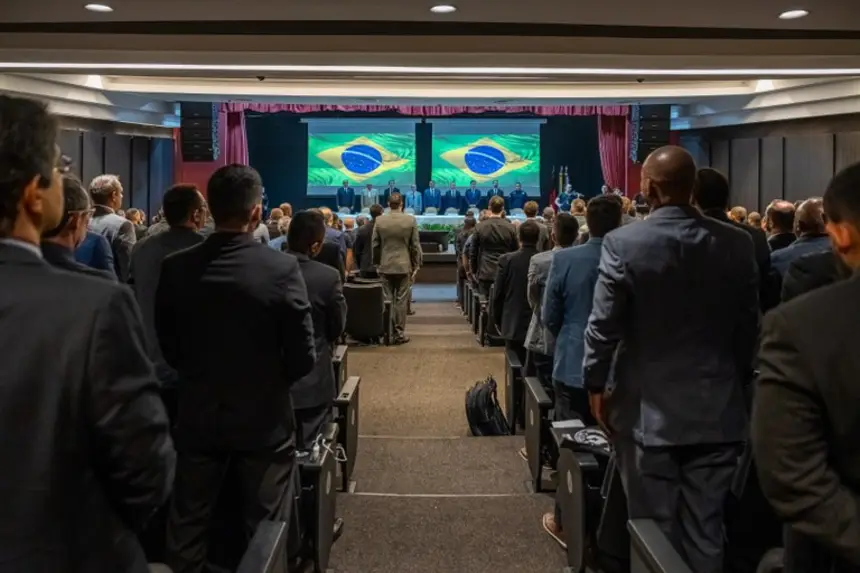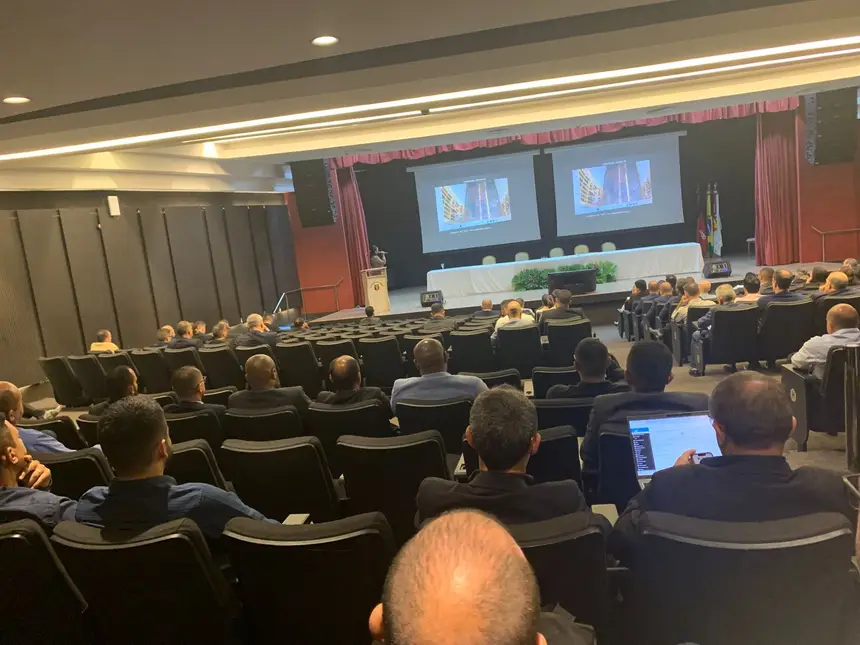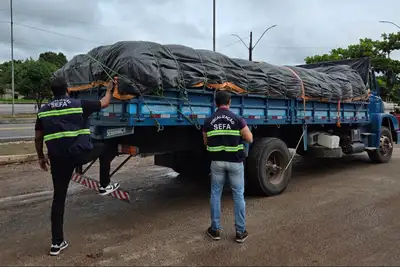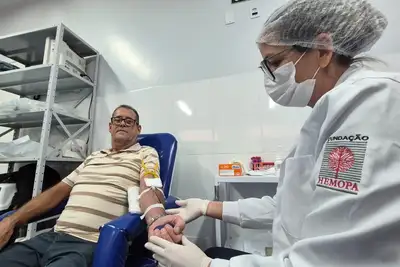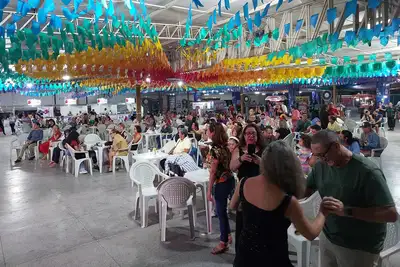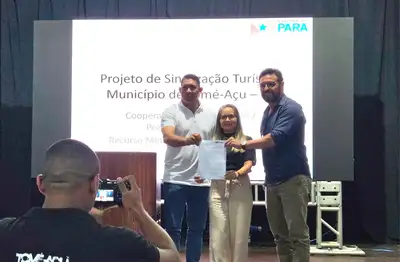Reference for other states, Seap participates in the II Intelligence Meeting of the North and Northeast
Promoted by Senappen, the event aims to strengthen the National Prison Intelligence Network to enhance the fight against organized crime within the prison system
The National Secretariat of Penal Policies (Senappen) held in João Pessoa, the capital of Paraíba, the II Intelligence Meeting of the North and Northeast, bringing together specialists from intelligence agencies of regional and federal prison systems to develop actions to combat organized crime in the Brazilian prison system. The Meeting was opened on Wednesday (15) and concluded on Friday (17). The program included lectures, panels, case studies, and technical presentations addressing intelligence as a tool to combat organized crime.
The State Secretariat of Penitentiary Administration (Seap), through the Institutional Security Advisory (ASI), presented at the event the theme "Forms of communication in the prison system," with civil servant Taise da Cruz emphasizing research focused on how incarcerated individuals communicate and the impacts that this type of language has on the work of security agents.
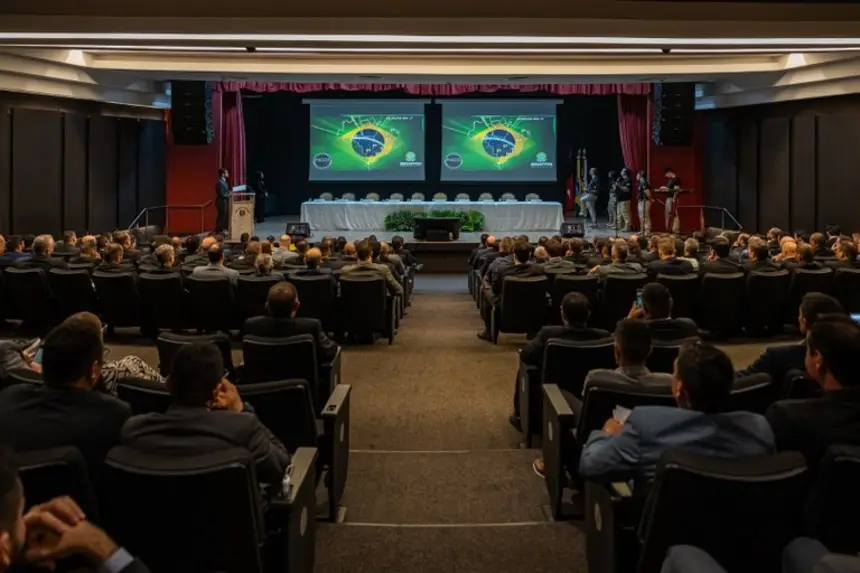
The director of the Institutional Security Advisory, delegate Márcio Augusto Tork, stated that the event promoted by Senappen represents an important strategy for strengthening the Prison Intelligence System.
According to him, the integration between the agencies in the North and Northeast regions allows for the exchange of information, methodologies, and practical experiences, which enhance the response capacity against the actions of criminal organizations. "The meeting consolidates a cooperation network among the agencies, essential for the coordinated confrontation of criminal organizations, acting in an interstate and integrated manner on various fronts. The initiatives promoted by Senappen are fundamental because they strengthen the technical and strategic alignment among the federative entities," he emphasized.
Delegate Márcio Augusto Tork added that the actions proposed by the National Secretariat enable states to share best practices, standardize procedures, and enhance their intelligence capabilities. "This is a significant step towards consolidating a national policy to confront organized crime, focusing on integration and strengthening local prison security structures," he complemented.
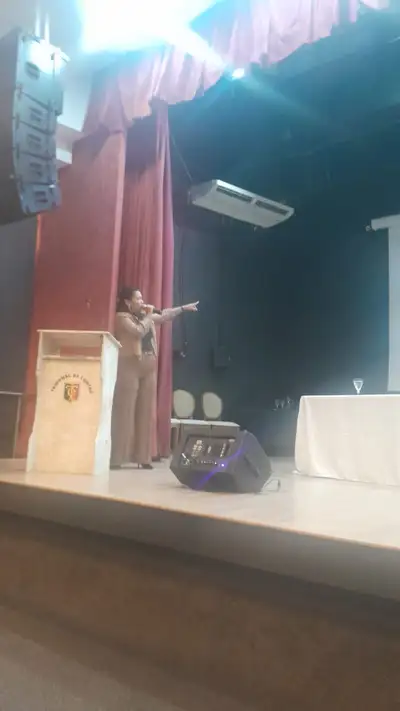
Pará stands out - Seap has been standing out in the control of units and becoming an example in combating crimes and factions in the regional prison system. Regarding how to achieve more effective control, the delegate emphasized that "the main challenge is the consolidation of effective integration between intelligence, organic security, and prison management. In Pará, we have made significant progress because we prioritize strengthening prison intelligence, constant monitoring of security indicators, and the rigorous application of control protocols. This combination has significantly reduced internal vulnerabilities and the influence of criminal groups. To expand this control at the national level, we understand that it is necessary to invest in the interoperability of systems, in the continuous training of agents, and in the adoption of unified prison intelligence practices."
Maintaining control of the prison environment requires, in addition to hard work, the adoption of strategies and the use of intelligence as a preventive weapon. According to Márcio Augusto Tork, ASI plays a fundamental role in the good results presented by Seap in this process.
"ASI works on the production of strategic knowledge, the prevention of incidents, and integration with other police forces and agencies, directly or indirectly, actors in the criminal justice system. The work is guided by technical analysis, discipline, and constant professional improvement. Seap/PA is now recognized as a national reference in the control and stability of the prison system. This result is a direct outcome of the commitment of all those who are part of the entire system, of our agents, and of the security vision based on intelligence, prevention, and institutional integration," reiterated Márcio Augusto Tork.
Strategy- Regarding the work presented, Taise da Cruz said that "I sought to highlight the importance of understanding these types of communication as a strategic tool for strengthening prevention and control actions within the prison units."
According to her, the holding of the Meeting promoted by Senappen will positively contribute to the work of ASI, seen as "something of extreme importance for the prison system of the states." Taise da Cruz added that the event "allows professionals from various agencies to exchange experiences, learn new practices, and align their work with what has been developed in other regions. As a civil servant, I see this event as a space for learning and valuing our work, which often happens quietly but plays an essential role in public safety."
Regarding the holding of such a large Meeting by the National Secretariat, the civil servant highlighted that this demonstrates Senappen's commitment, through the Penal Intelligence Directorate, to strengthening public safety and the Brazilian prison system. "When an event of this magnitude is promoted, it not only trains the civil servants but creates a space for integration among the agencies, which strengthens the prison system as a whole," she assured.
Text: Márcio Sousa - Ascom/Seap



